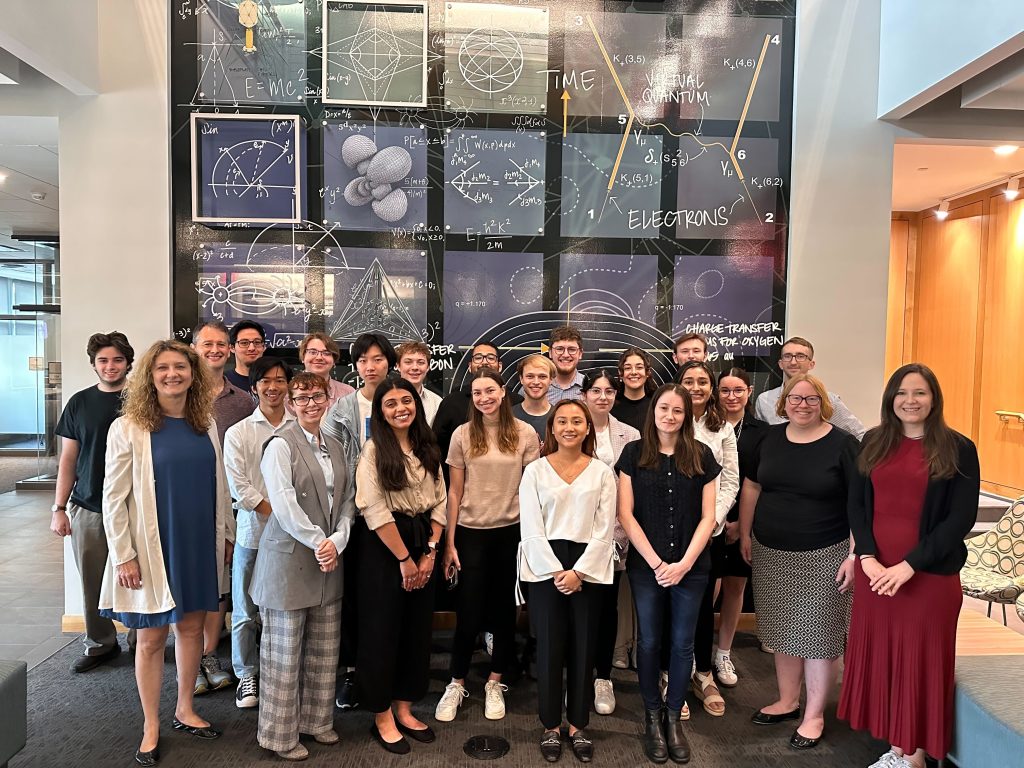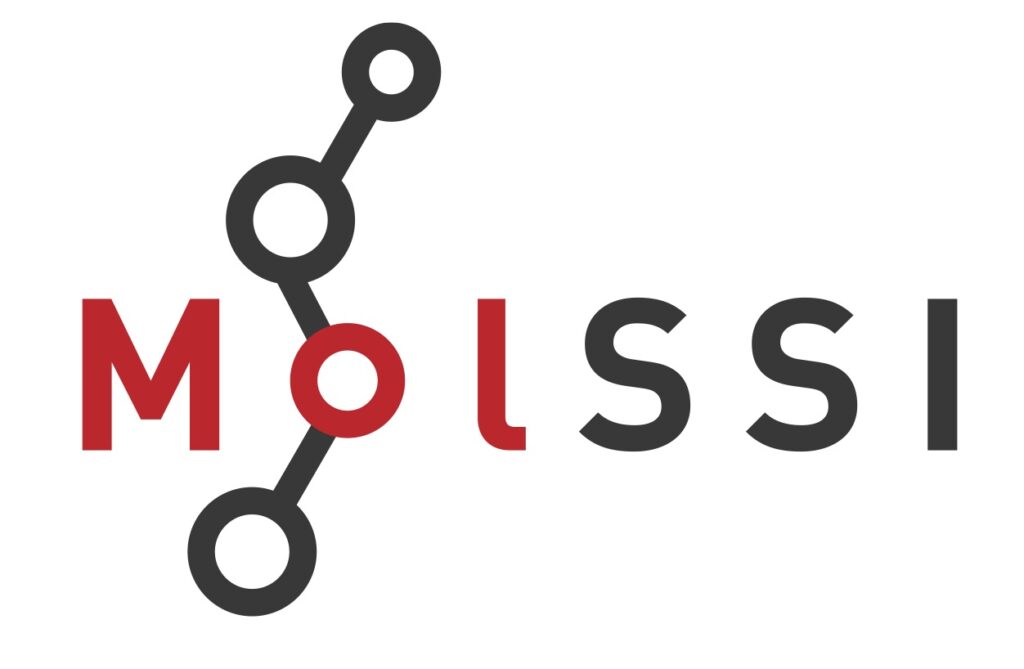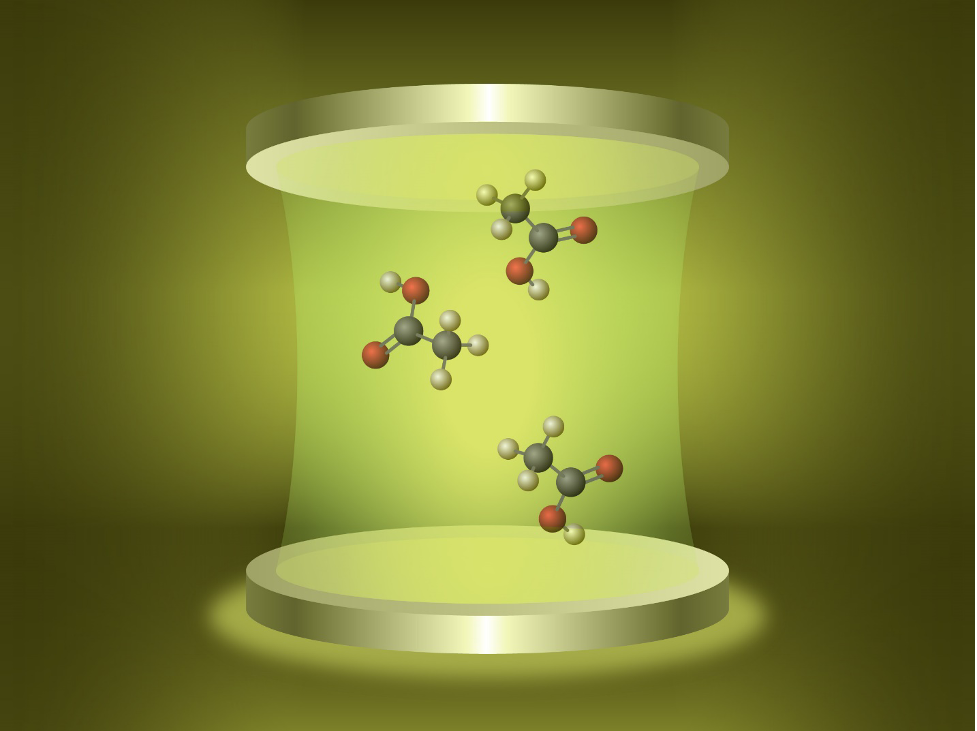Current Workshops
The University of North Carolina Charlotte will host a Workshop in Computational Chemistry from July 14-18, 2025, in partnership with the Molecular Sciences Software Institute (MolSSI).
Apply here by April 7 2025 for Full Consideration! Important eligibility note: In order to participate in this workshop, you must be a student at a University, College, or other institution of Higher Learning in the United States. Completion of the undergraduate general chemistry, general physics, and calculus sequence is also required, and an introductory course on quantum mechanics (such as in the physical chemistry sequence) is preferable, but not required.

This is a free, five-day, in-person only workshop. We will provide lodging and meals for all participants. Space is limited to 20 participants, and preference will be given to sophomores and juniors undergraduates, but all students graduate and undergraduate are welcome to apply. The workshop focuses on scientific programming skills and applications in computational chemistry. Our goal is to enhance the students’ opportunity to land an undergraduate research experience, job, or internship in computational chemistry. The workshop will follow a similar format as our 2024 in-person See the schedule of the 2024 Workshop!
Past Workshops
Advanced Virtual Workshop on Molecular CQED We hosted an advanced virtual workshop on February 3rd and 4th, 2025, focusing on the formalism and practical implementation of rigorous Hamiltonians for molecular cavity quantum electrodynamics! You can view the recordings from that workshop on formalism here and on practical implementation here!
Introductory In-Person Workshop on Computational Molecular Science
The University of North Carolina Charlotte hosted a Workshop in Computational Chemistry on June 3-7, 2024, in partnership with the Molecular Sciences Software Institute (MolSSI) and the Center for Many-body Methods and Spectroscopies for Polariton Chemistry (MAPOL). This workshop focused on scientific programming skills and applications in computational chemistry. The goal of this workshop was to enhance students’ opportunity to land an undergraduate research experience, job, or internship in computational chemistry. See the schedule of the 2024 Workshop!
The workshop will be led by:
- Professor Ashley McDonald, Department of Chemistry and Biochemistry, California Polytechnic State University
- Dr. Jessica Nash, MolSSI Software Scientist
- Professor Jay Foley, Department of Chemistry, University of North Carolina Charlotte
In addition to the hands-on workshop, leading researchers in computational molecular science will give lectures discussing how theory and computation are used in their work. Enhancement seminars will be given by Prof. Elisa Pieri from UNC Chapel Hill, Dr. Niri Govind from Pacific Northwest National Lab, and Prof. Chris Sutton from University of South Carolina.
Partnership with the NanoSURE REU Program: We have planned this workshop so that participants in the UNC Charlotte NanoSURE REU program can also participate in this event. You must apply to both programs separately, but will be asked if you have applied or plan to apply to this REU program on the workshop application.
Outcomes: Students will learn valuable skills that can be applied in their science courses, research, and their job search, including:
– Scientific programming using the python programming language
– Graphing and data visualization
– Using programming and computational chemistry to compute properties of chemical systems
– Applying computational chemistry to the exciting field of polariton chemistry
Other eligibility information: In order to participate in this workshop, you must be a student at a University, College, or other institution of Higher Learning in the United States. U.S. Citizenship is not a requirement. Completion of the undergraduate general chemistry, general physics, and calculus sequence is also required, and an introductory course on quantum mechanics (such as in the physical chemistry sequence) is also encouraged.

